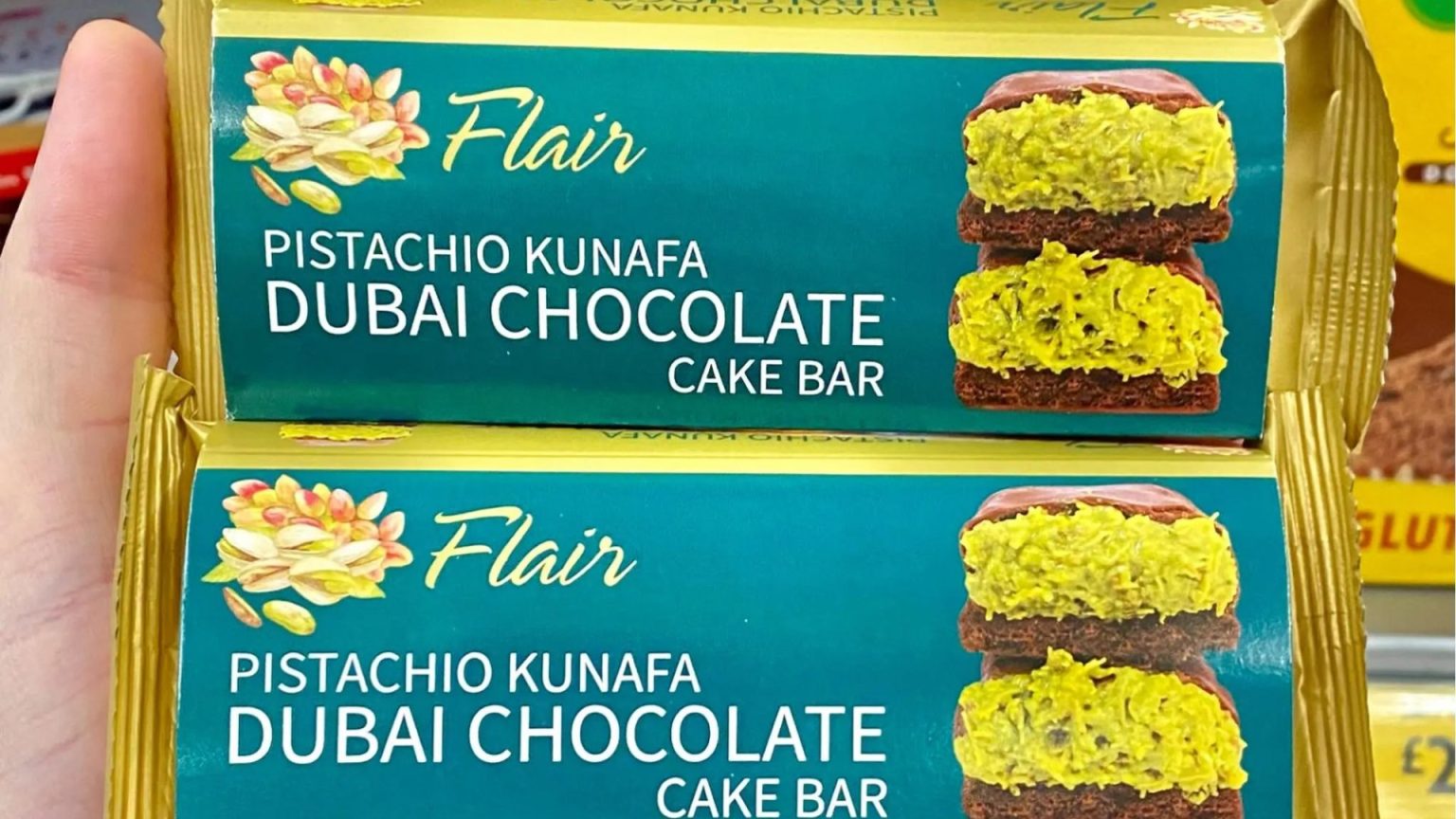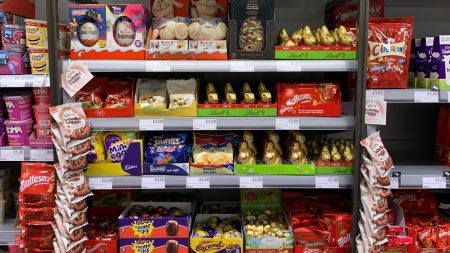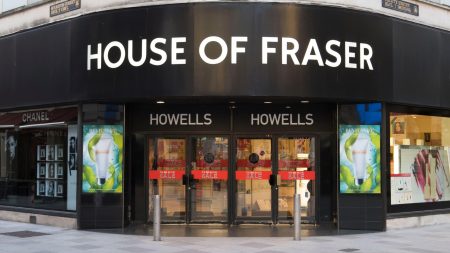The allure of “Dubai chocolate,” a viral confection that has taken social media by storm, has reached the shores of the United Kingdom, prompting a mixed reaction from consumers. Morrisons, a popular UK supermarket chain, has introduced its own interpretation of this trendy treat, a Pistachio Kunafa Dubai Chocolate cake bar, priced at £4. This dessert bar, manufactured by the brand Flair, features a pistachio and crunchy Kadayif pastry filling encased in a chocolate cake base and coated in a rich chocolate shell. Flair describes the bar as a fusion of Eastern and Western flavors, promising a “decadent, unforgettable taste adventure.” However, the introduction of this seemingly luxurious treat has sparked a debate among shoppers, with some questioning its value proposition.
While the novelty and the promise of an exotic taste experience have undoubtedly drawn many consumers to try the new product, a significant portion of shoppers have expressed disappointment, primarily due to the price point. Many argue that the £4 cost is excessive, especially considering the perceived quality and taste of the bar. Some reviewers have described the cake bar as dry and lacking in flavor, suggesting that the visual appeal, as depicted on the packaging, outshines the actual taste experience. This sentiment has led some to compare the Morrisons offering unfavorably to authentic Dubai chocolate bars, prompting suggestions that investing the £4 in higher-quality imported chocolate or ingredients for homemade versions would be a more worthwhile expenditure.
The criticism extends beyond the price, with several shoppers expressing dissatisfaction with the overall flavor profile and texture. Reports of the bars being sold at heavily discounted prices, as low as 40p, further underscore the perceived lack of value. These negative reviews have fueled a debate about the product’s worth, with some suggesting that the hype surrounding the “Dubai chocolate” trend may have inflated expectations. This disparity between expectation and reality has led to disillusionment among some consumers, who feel the product does not live up to the promise of a unique and indulgent experience.
Interestingly, the viral nature of the Dubai chocolate trend has also inspired a surge in home baking. Several individuals who have tried the Morrisons version have commented on their own successful attempts at recreating the dessert at home, often claiming superior results. This DIY approach highlights a growing trend among consumers to explore and replicate viral food sensations in their own kitchens, potentially driven by both cost considerations and the desire for a more personalized and authentic experience. The availability of online recipes and readily accessible ingredients further empowers consumers to bypass commercially produced versions and experiment with their own creations.
The emergence of similar products from other brands further illustrates the widespread reach of the “Dubai chocolate” phenomenon. Lindt, a renowned chocolate manufacturer, has also launched its own version of the trending dessert bar, although at a significantly higher price point of £10. This premium offering, with its limited availability in select Lindt stores, targets a different consumer segment, potentially those seeking a more luxurious and exclusive experience. The varying price points and interpretations of the Dubai chocolate trend across different brands highlight the diverse consumer market and the varying levels of demand for this unique confection.
The mixed reception of the Morrisons Pistachio Kunafa Dubai Chocolate cake bar underscores the complex dynamics of viral food trends. While the initial buzz and novelty can drive sales, ultimately, the product’s success hinges on delivering a satisfactory taste and value proposition. In this case, the perceived disconnect between the marketed image and the actual consumer experience has generated considerable debate and criticism, highlighting the importance of meeting consumer expectations in a competitive market. The emergence of competing products and the growing interest in homemade versions further complicates the landscape, suggesting that the longevity of the “Dubai chocolate” trend will depend on its ability to evolve and adapt to consumer preferences and demands.











